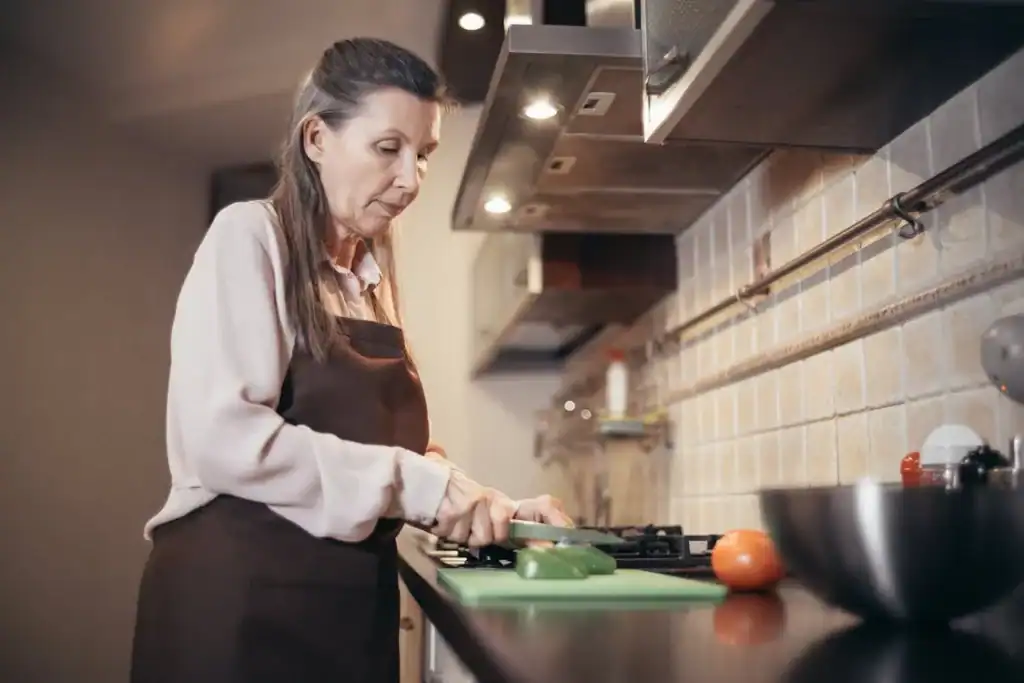The Empty Nest Survival Guide: Rediscovering Life After Kids
The house feels too quiet, you cook too much food, and you wonder what your purpose is now that active parenting has ended. Empty nest syndrome is real, but it’s also an opportunity for rediscovery and new adventures. Here’s how to navigate this major life transition with grace and excitement.
Allow Yourself to Grieve

Empty nest feelings are valid—you’re mourning the end of an era that defined your identity for decades. Feel sad about missed moments, worry about your children’s well-being, and struggle with your changing role. Grief is the price of deep love. Allow these feelings without judgment while also remaining open to new possibilities ahead.
Rediscover Your Pre-Parent Self

What did you enjoy before children? Dust off old hobbies, reconnect with dormant interests, or explore career paths you postponed. You’re not the same person you were before kids, but some core interests and dreams may still resonate. This rediscovery process can be exciting once you move past initial uncertainty about your identity.
Invest in Your Relationship with Your Partner

If you’re partnered, you now have time to focus on each other without child-related distractions. Plan dates, travel together, or simply enjoy uninterrupted conversations. Some couples discover they’ve grown apart during intensive parenting years—this is normal and workable with intentional effort to reconnect and rebuild intimacy.
Explore New Interests and Challenges

Take classes, volunteer for causes you care about, or start projects you’ve been postponing. This life stage offers freedom to pursue interests that wouldn’t have been practical with children at home. Embrace learning new skills or exploring entirely different aspects of yourself that lay dormant during intensive parenting years.
Create New Routines and Purposes

Without school schedules and child activities, you need new structure. Develop morning routines, exercise schedules, or volunteer commitments that provide purpose and social connection. Empty nesters who thrive create intentional structure rather than drifting aimlessly through suddenly unscheduled time. Purpose comes from engagement, not just from parenting.
Maintain Friendships Beyond Child-Focused Connections

Some friendships were built around children’s activities and may fade naturally as kids grow up. Nurture relationships based on mutual interests and values rather than shared parenting experiences. Seek out friends in similar life stages who understand empty nest transitions and can provide companionship for this new chapter.
Consider Career Changes or Advancement

With fewer family obligations, you might pursue promotions, career changes, or educational opportunities you couldn’t consider before. Many empty nesters find renewed professional energy and focus. This might be the time to take calculated risks or pursue dreams that required more flexibility than parenting allowed.
Develop New Traditions with Adult Children

Create new ways to stay connected that respect their independence: monthly dinners, annual trips, or shared hobbies. These traditions provide connection points without daily involvement in their lives. The goal is building adult relationships based on mutual enjoyment rather than parental obligation or childhood nostalgia.
Focus on Physical and Mental Health

Use this time to prioritize self-care that may have been neglected during intensive parenting years. Regular exercise, medical checkups, therapy, or stress management become easier when you’re not managing everyone else’s schedules. Investing in your health pays dividends for enjoying this new life phase fully.
Embrace the Freedom Gradually

Don’t feel pressure to immediately love your new freedom. Some parents feel guilty about enjoying life after kids leave, while others struggle with too much unstructured time. Both reactions are normal. Embrace changes gradually, experimenting with new activities and routines until you find what brings satisfaction and joy in this different life stage.





